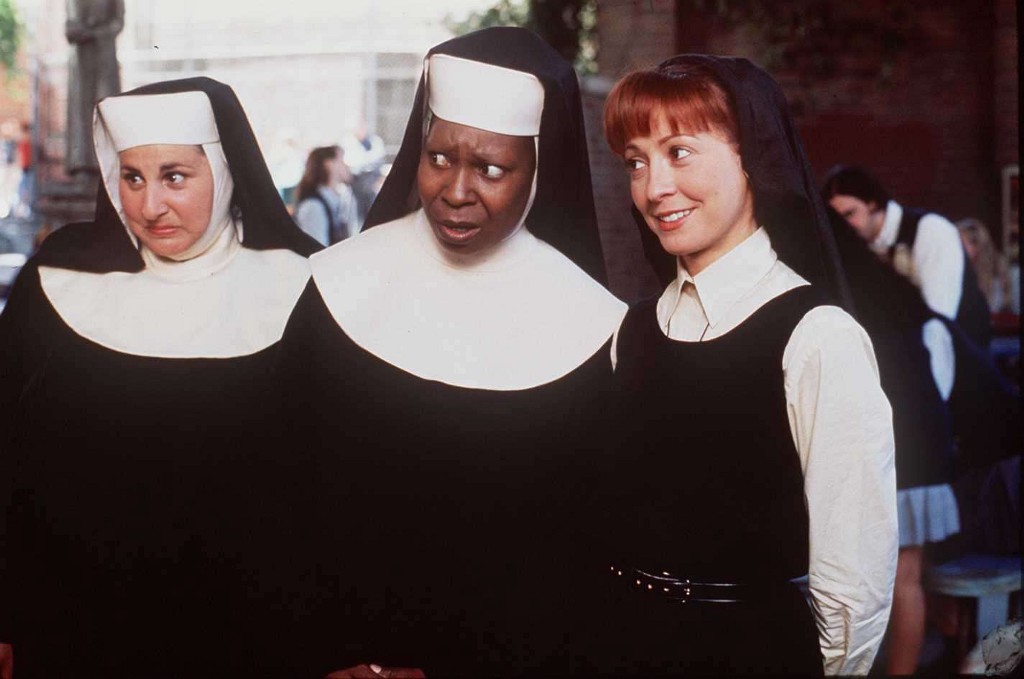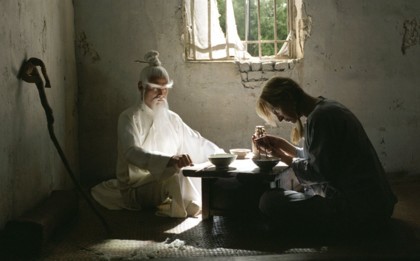The Excess of Less
“Minimalism” as a signifier of class

Even austerity can be made decadent: To wealthy practitioners, minimalism is now little more than a slightly intriguing perversion, like drinking at breakfast. … ‘The richer you are, the less you have.’
So claims a piece in the New York Times Magazine called “The Oppressive Gospel of Minimalism.” It goes on:
Whiteness, in a literal sense, is good. Mess, heterogeneity, is bad — the opposite impulse of artistic minimalism. It is anxiety-inducing in a manner indistinguishable from other forms of consumerism, not revolutionary at all. Do I own the right things? Have I jettisoned enough of the wrong ones? …
Minimalism is now conflated with self-optimization, the trend that also resulted in fitness trackers and Soylent (truly a minimalist food — it looks like nothing, but inspires thoughts of everything else). Often driven by technology, this optimization is expensive and exclusively branded by and for the elite.
Like extreme thinness, minimalism can be a boast, a way to signal that you have the resources and the time to maintain a streamlined existence. Remember how gluten-free food is more expensive? Remember the excoriation of the Moon Juice Lady, whose costly diet of food-like substances became, for a hot second, the Internet’s most gleeful hate-read?
Is Mockery Of The Moon Juice Lady Health-Shaming? Or Wealth-Shaming?
As with eating and self-presentation, this kind of techno-minimalism — embrace gadgetry, pare down everything else — can seem to take on a kind of morality: I can make do with less, and thus I am better. More spiritual. More pure.

In actuality, there’s nothing morally superior about throwing out all of your old shirts or kitchen toys if you can afford to buy new ones. The Times ends up agreeing, calling this movement, if not its practitioners, “arrogant,” and calling it out on its privilege: “it takes a lot to be minimalist: social capital, a safety net and access to the internet.”
But is this really a novel conversation? Professor Dumpster’s been singing this song for years, as has Mr. Bicycle. Tyler Durden scolded us about cluttering up our lives with too many possessions back in the nineties. Patrick Bateman modeled (a certain kind of) clean living in the eighties. None of these men is a moral exemplar. Crucially, they, like the Silicon Valley techbros described in the article, seem to have done away with the need for families. Makes sense, since families = stuff. Relationships create clutter. The greatest privilege of all, it seems, is independence, a way of freeing yourself of actual, and emotional, baggage.
Support The Billfold
The Billfold continues to exist thanks to support from our readers. Help us continue to do our work by making a monthly pledge on Patreon or a one-time-only contribution through PayPal.
Comments